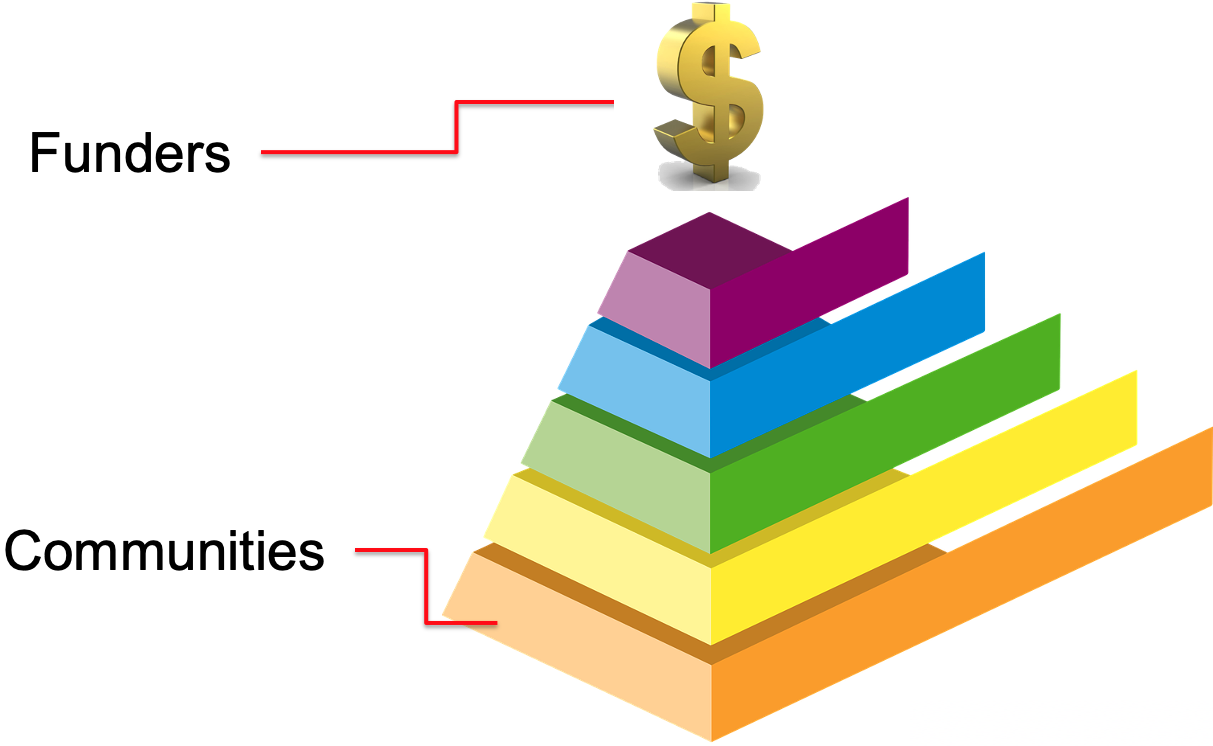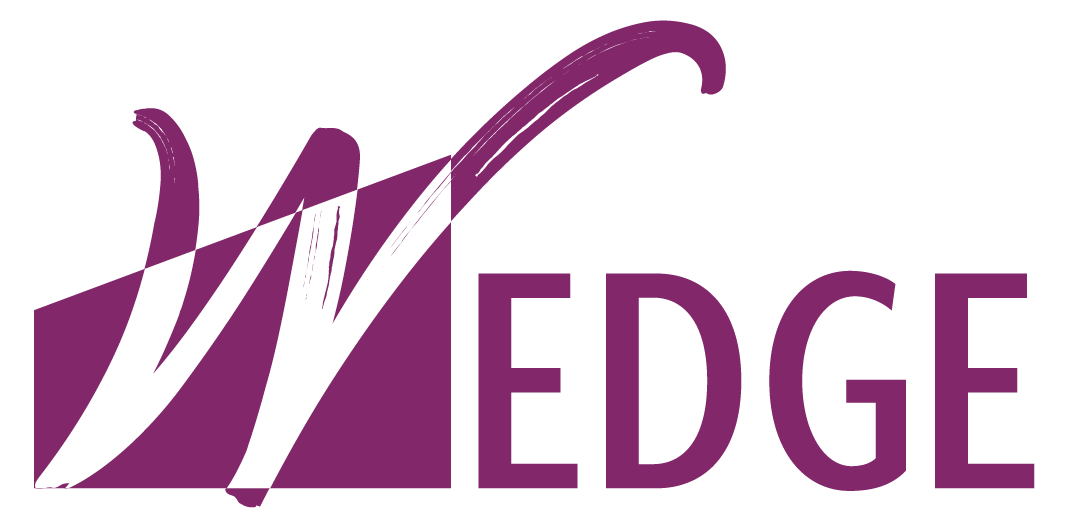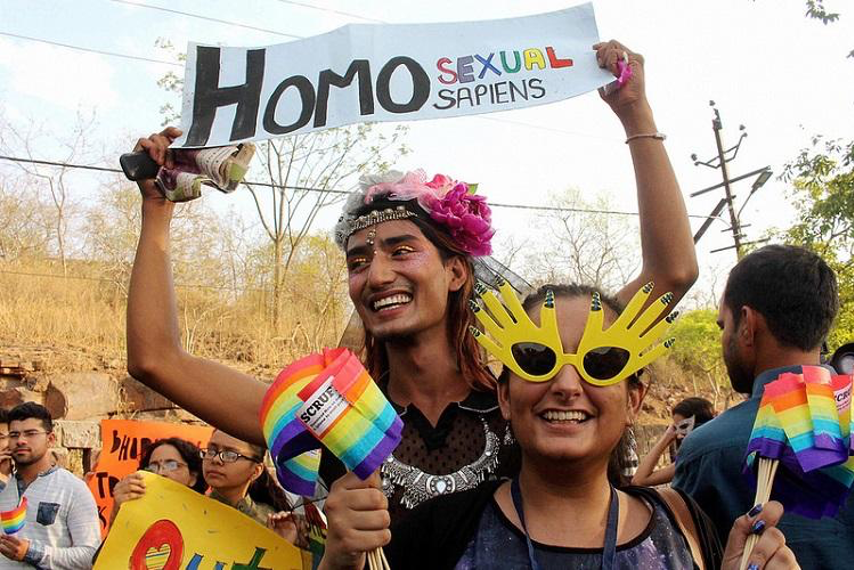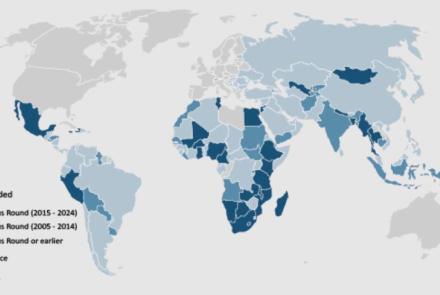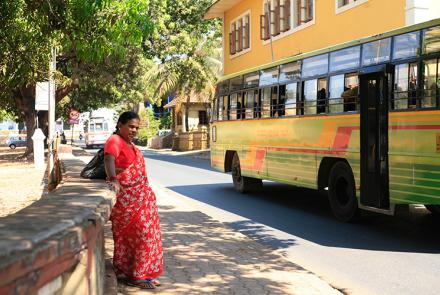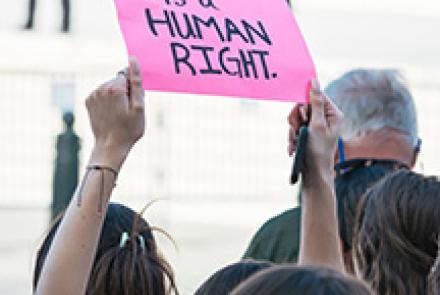Contextually Relevant and Culturally Responsive SOGI Data Collection
By Eric Stone
Project Objectives
- Review the importance of collecting data on Sexual Orientation and Gender Identity (SOGI), and the importance of LGBTQ+ cultural competence and inclusion
- Outline the scope of the proposed project – including a discussion of approach, method, and capacity
- Discuss privacy concerns and best practices for collecting SOGI data, and acquire actionable strategies for meaningful community engagement
Objective #1: The Importance of Inclusion
- Disparities in Health and Wellbeing: Family Acceptance, Mental Health, Homelessness, HIV, Healthcare Access, Substance Use, Bullying/Victimization
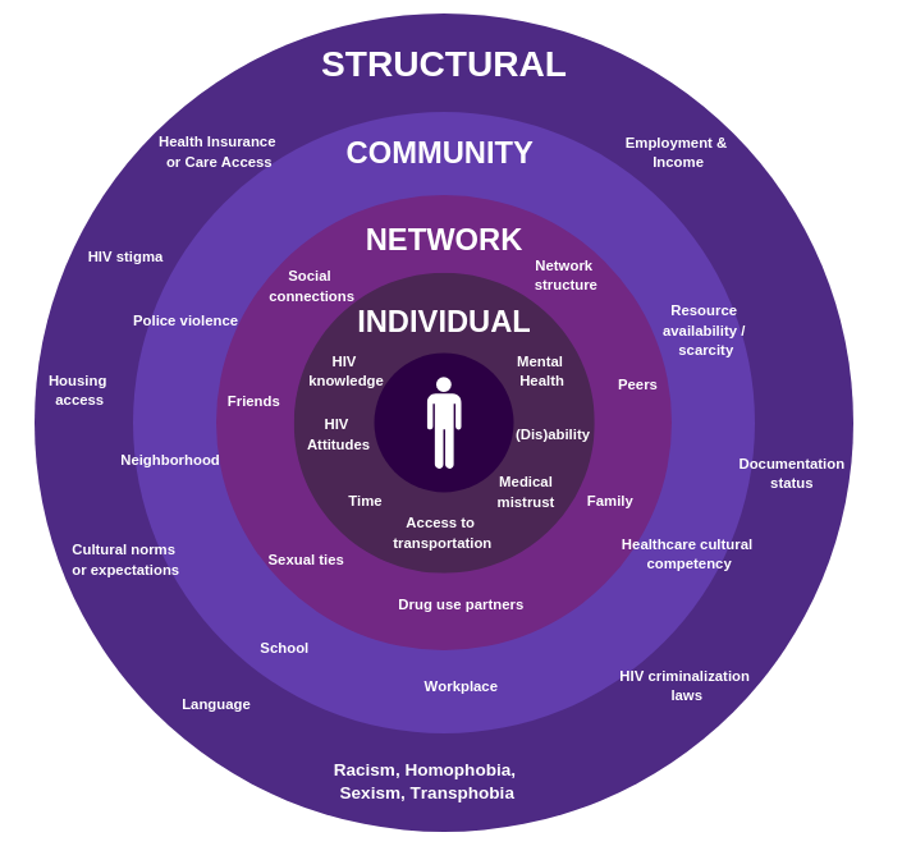
Missing data, missing stories
- We can’t understand the role of factors that we don’t ask about
- LGBTQ identities correlate with many disparities and outcomes, some that we know well, and some that are more surprising
- By excluding certain populations, or not asking about them in culturally responsive ways, we communicate that those identities aren’t important, and we fail to meet – or even understand – their needs
Objective #2: Outlining the Proposed Project
Common Identity Terms
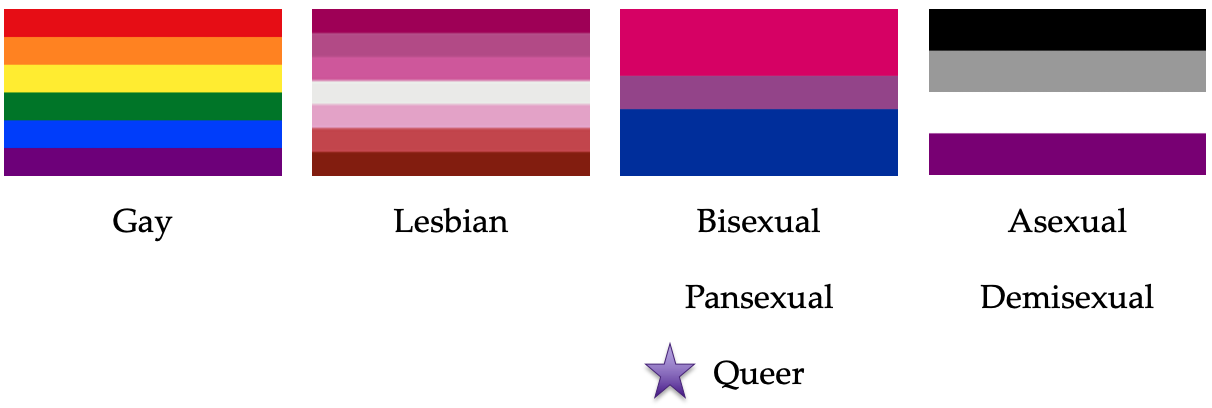
Sexual Orientation
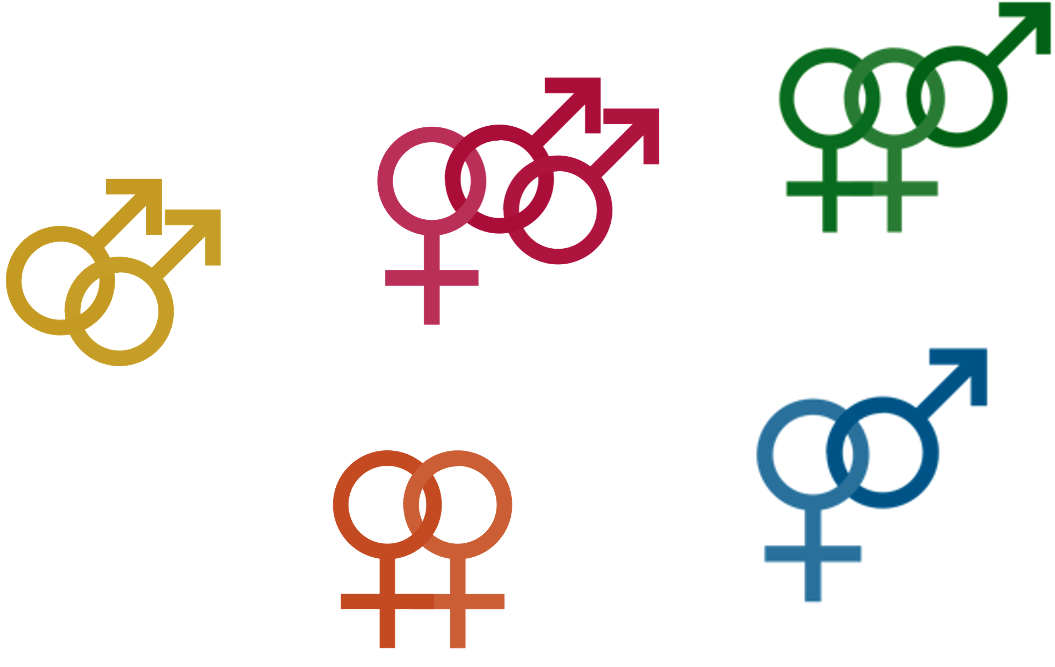
Domestic Data with International Intent
-
Conducting focus groups with LGBTQ+ South Asian (Indian) Immigrants
-
Recruiting participants from three South Asian LGBTQ+ organizations located across America
-
Piloting developed SOGI measures and data collection methods with people accessing services/participating in community at the three LGBTQ+ organizations
South Asian LGBTQ+ Organizations
-
The South Asian Lesbian and Gay Association located in New York City, New York
-
Satarang located in Los Angeles, California
-
Khush DC located in Washington, DC
Crowdsourcing = Maximizing Potential
-
Online communities and listservs connected to and separate from the three South Asian LGBTQ+ organizations provide ample opportunity for feedback and piloting
-
Through piloting SOGI measures both in-person and digitally, a number of methods can be assessed to determine maximum efficiency
-
Online platforms help to reduce overall costs relative to in-person travel
Project Capacity
-
Mentorship from scholars skilled in collecting SOGI data internationally (e.g., Dr. Robin Lin Miller; Dr. Hanife Cakici)
-
Partnerships with organizations and groups invested in LGBTQ+ issues broadly (e.g., Northwestern; AEA LGBTQ TIG)
-
A strong community of scholars here at UMD!
Objective #3: Best Practices and Privacy Concerns
-
Avoiding bad surveys
-
Context is key
Sensitivity and Privacy Concerns
-
Research shows that sexual and gender minorities are often more comfortable sharing information that commonly-perceived
-
Anonymity and confidentiality are the key
-
Placement/order of sensitive questions is influential and can promote positive response
-
A number of data collection methods have proven successful in cases of extreme social stigma (e.g., self-administered surveys)
Funding Advocacy
